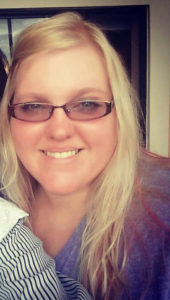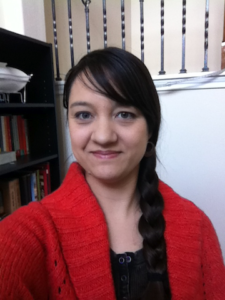Applications are invited for a fully-funded PhD scholarship in the Department of Literary Studies at Ghent University, Belgium, tenable for a period of up to four years. The successful candidate will participate in the research project “Imagining Climate Change: Fiction, Memory, and the Anthropocene,” sponsored by a grant from the Research Foundation Flanders (FWO-Vlaanderen) and directed by Prof.Stef Craps. S/he will research Anglophone climate change fiction within the context of the project’s three interrelated strands. The first, formalist strand explores the literary innovations demanded by climate change, a phenomenon whose magnitude and complexity challenge conventional modes of representation. The second, historicist strand links climate change fiction to literary responses to earlier crises that radically altered humanity’s relationship to the past, present, and future: the discovery of geological time in the early nineteenth century and the Cold War threat of nuclear annihilation. The third, postcolonial strand investigates to what extent and in what ways climate change fiction addresses inequalities in the global distribution of responsibility for and vulnerability to climate change, which the developing Anthropocene narrative risks obscuring.
Candidates should have:
- a Master’s degree or equivalent qualification in a relevant field, such as English, Comparative Literature, or Environmental Humanities (candidates near to completion may also submit applications, indicating the expected date of the degree);
- an outstanding academic record;
- excellent writing and speaking skills in English;
- an aptitude for original, independent, and creative work.
Conditions of employment:
- The position begins 1 October 2016 or as soon as possible thereafter but no later than 31 December 2016.
- The scholarship is initially offered for a period of two years and can be renewed for another two-year period upon positive evaluation.
- The net amount of the scholarship will be approximately 1900 EUR per month, gradually rising to approximately 2100 EUR per month in the fourth year. The PhD student will also receive a holiday allowance and an end-of-year bonus, and enjoy full social security coverage. Additional financial support is available for conference and workshop attendance.
- The PhD student will be based at Ghent University.
- The PhD student will complete the doctoral training programme offered by the Doctoral School of Arts, Humanities, and Law.
Applications should include:
- a cover letter, in which you specify why you are interested in this position and why you consider yourself a suitable candidate;
- a current CV;
- transcripts of your qualifications to date (degrees and grade lists);
- a writing sample (excerpt from your Master’s thesis, article, etc.);
- names and full contact details of two referees.
The application deadline is 20 May 2016 or until a suitable candidate is found.
The position announcement may be found here.
Further information about the position can be obtained from Prof. Stef Craps (stef.craps@ugent.be).
Applications should be submitted as a single PDF file via email to stef.craps@ugent.be.


